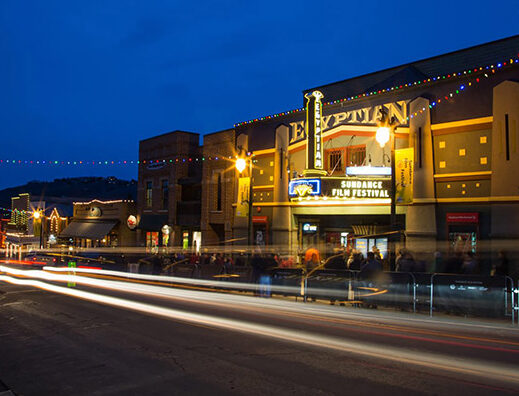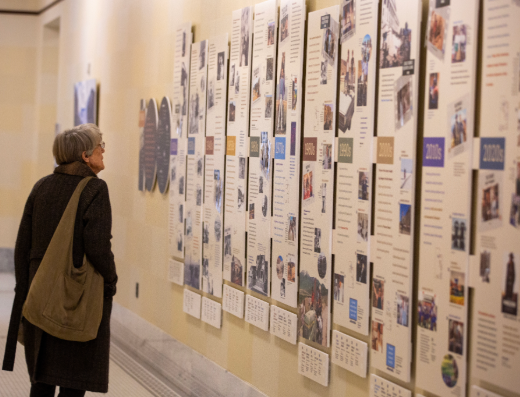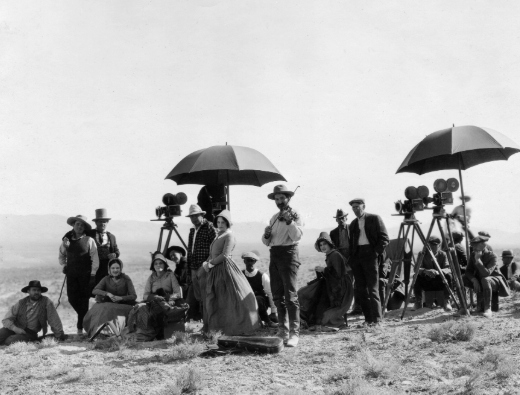Next Level Spotlight: Janwaar
May 28, 2022
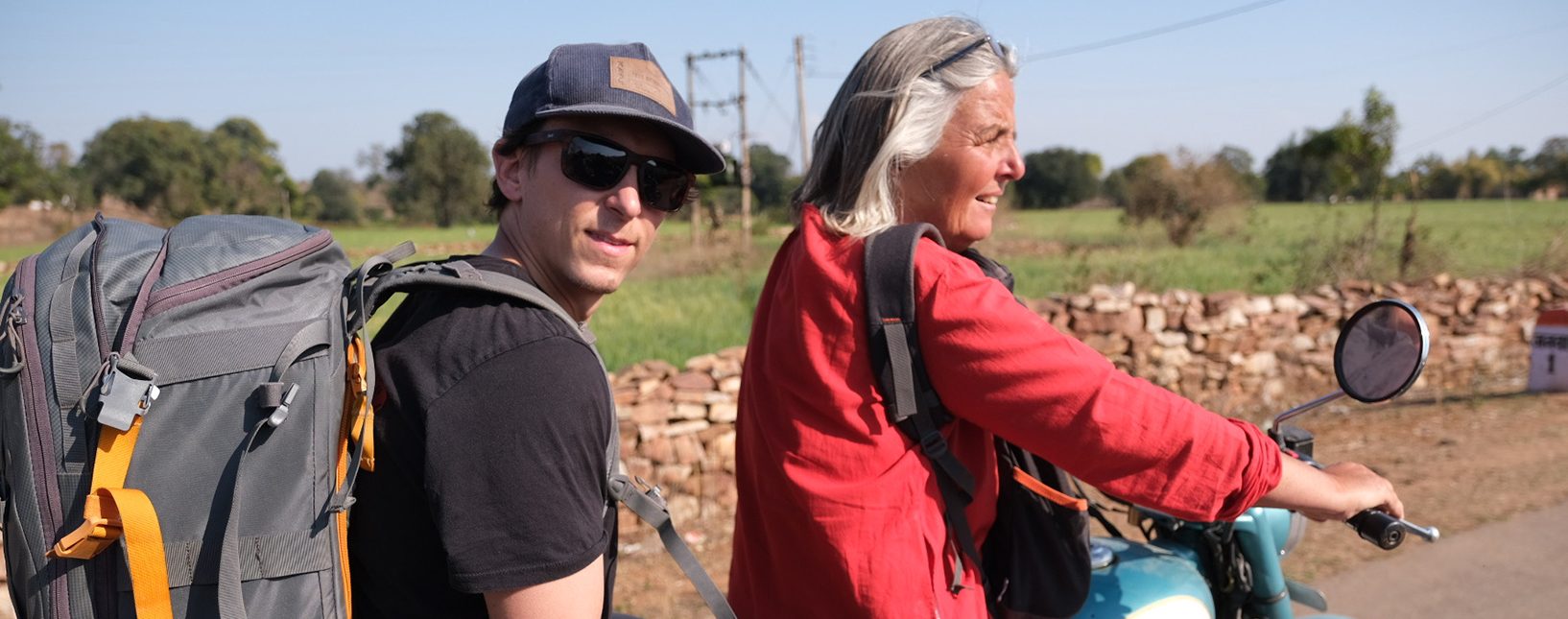
Danny Schmidt on the set of 'Janwaar' (2020)
This series highlights some of our Next Level Grant recipients. In this spotlight, we spoke with Danny Schmidt about the making of his documentary short film, ‘Janwaar’.
Danny Schmidt is an award-winning director, producer, and cinematographer of non-fiction television, documentaries, and web-content. He has produced, directed, and photographed documentary films for clients including PBS, National Geographic, Netflix, Amazon Prime, and Disney+. He won an NW Emmy award for cinematography for his DP work on the PBS film Indian Relay and another for best topical documentary for Finding Traction on Netflix. He earned his MFA in Documentary Filmmaking in 2012 from Montana State University. He is a lifelong skateboarder and currently lives in Salt Lake City with his family.
Janwaar celebrates a rambunctious group of kids whose lives are transformed when a skatepark is built in their small village in India. Raw talent, creativity, and unadulterated childhood find a home on four wheels, and manage to break down generations of caste and gender barriers in the process. The film was produced by Salt Lake City-based production studio, Pure Gold. Directed by Danny Schmidt and coproduced by Zac Ramras.
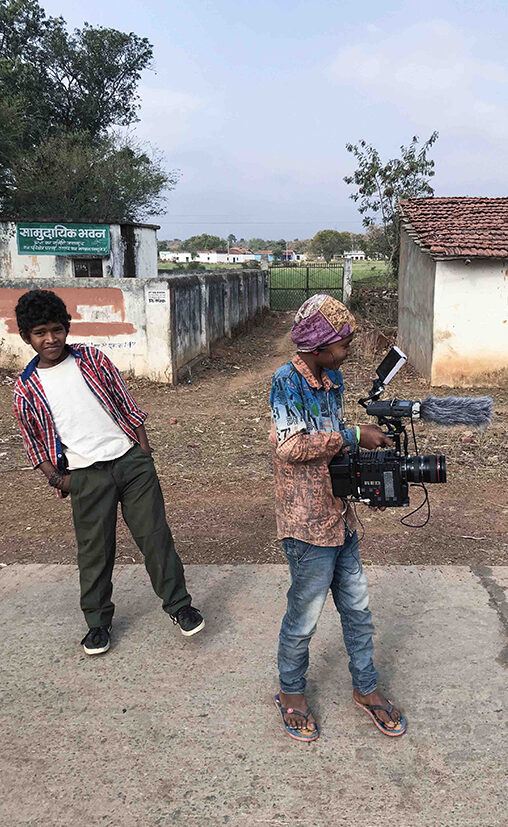
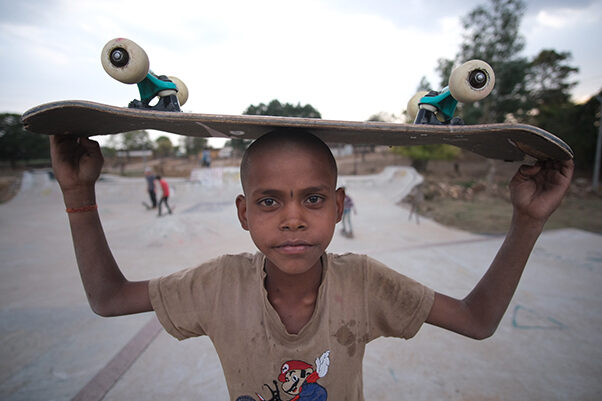
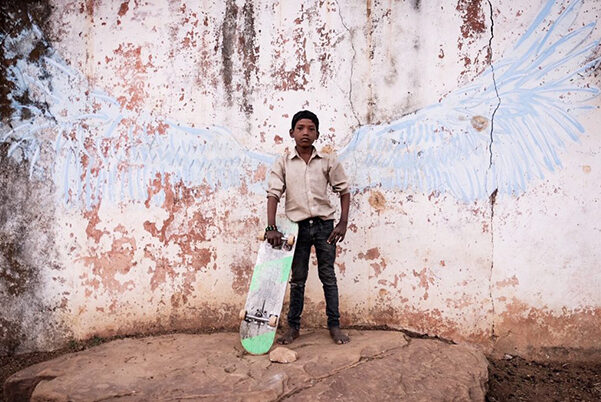
From the set of 'Janwaar' (2022)
What led you to tell this story?
I’ve been skateboarding since I was 13. It’s been a part of who I am for the majority of my life and has shaped my view of the world. When I heard about this story – of skateboarding changing lives, breaking barriers, creating a new culture – I knew it was worth exploring through film.
What was your day-to-day experience?
Well, first of all, Janwaar, India is not an easy place to get to. It’s a 35hr train ride from the nearest major airport, followed by another 3 hours in the car. But once we were there, the experience of making the film came sort of naturally. We took a lot of time to just skate with the kids at the park, listen to music, and talk about skateboarding. We wanted to make sure the process was fun and collaborative for everyone! Filming skateboarding has always been a big part of skate culture so that part came naturally.
What did you take away from this experience?
The experience in the village with the kids was life-changing. My biggest takeaway from creating this film is the realization of the transcendent nature of skateboarding. I had a completely different childhood than the kids of Janwaar – I grew up in SLC in the 90s. And yet, when I remember skateboarding around town with my friends, spending hours with nothing but a video camera, a bus pass, and a skateboard, I feel that on a very deep (and maybe basic?) level that we were so similar to the children of Janwaar. And maybe it is also related to the transcendent nature of childhood. But there’s this thing – skateboarding – that seems to spawn passion and individuality and creativity and can be a vehicle for change. That was something held in common and it made making this film a joyful experience. I am so psyched that I was able to create something around this shared passion.
What do you hope the audience takes away after seeing this film?
My only hope for audiences watching the film is to feel something positive – to see the smiles on the faces of the kids and feel that infectious happiness themselves. Our world is full of stories and documentaries that leave you feeling hopeless, and I just wanted to tell a story that offered something different, if only for 10 minutes or so. I also hope the people feel enticed to turn their viewing experience into impact for the kids. You can learn about their nonprofit, here: https://rural-changemakers.com
How did the Next Level Grant help you with this project?
The Next Level Grant was instrumental in getting this film made! This film was very much a labor of love, so to have the support of the Utah Film Commission allowed us to cover expenses in production and post that otherwise would have come out of pocket.
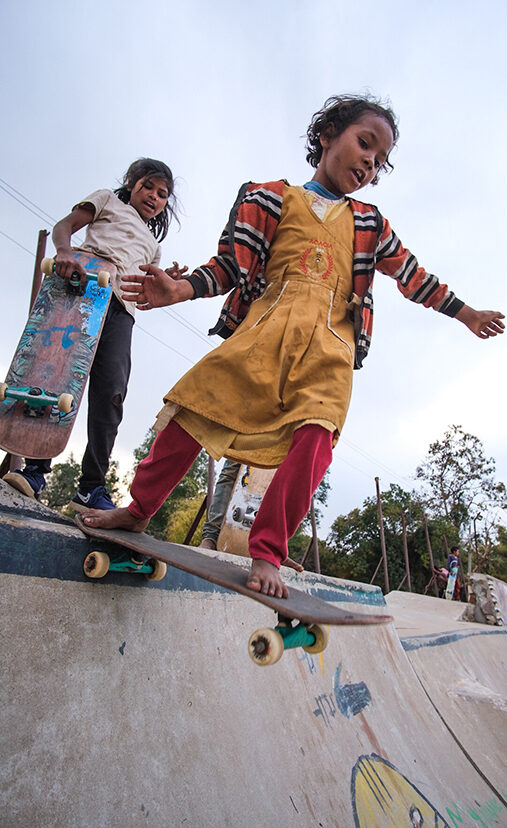
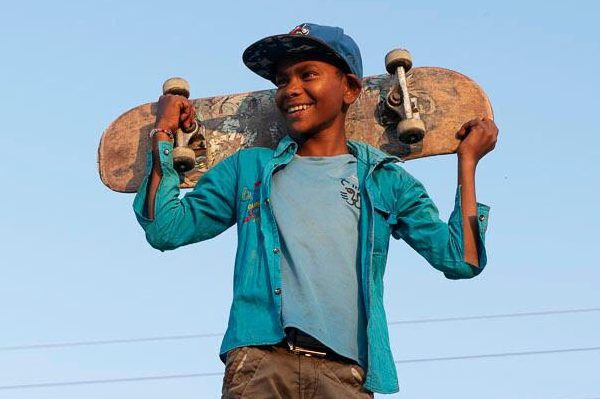
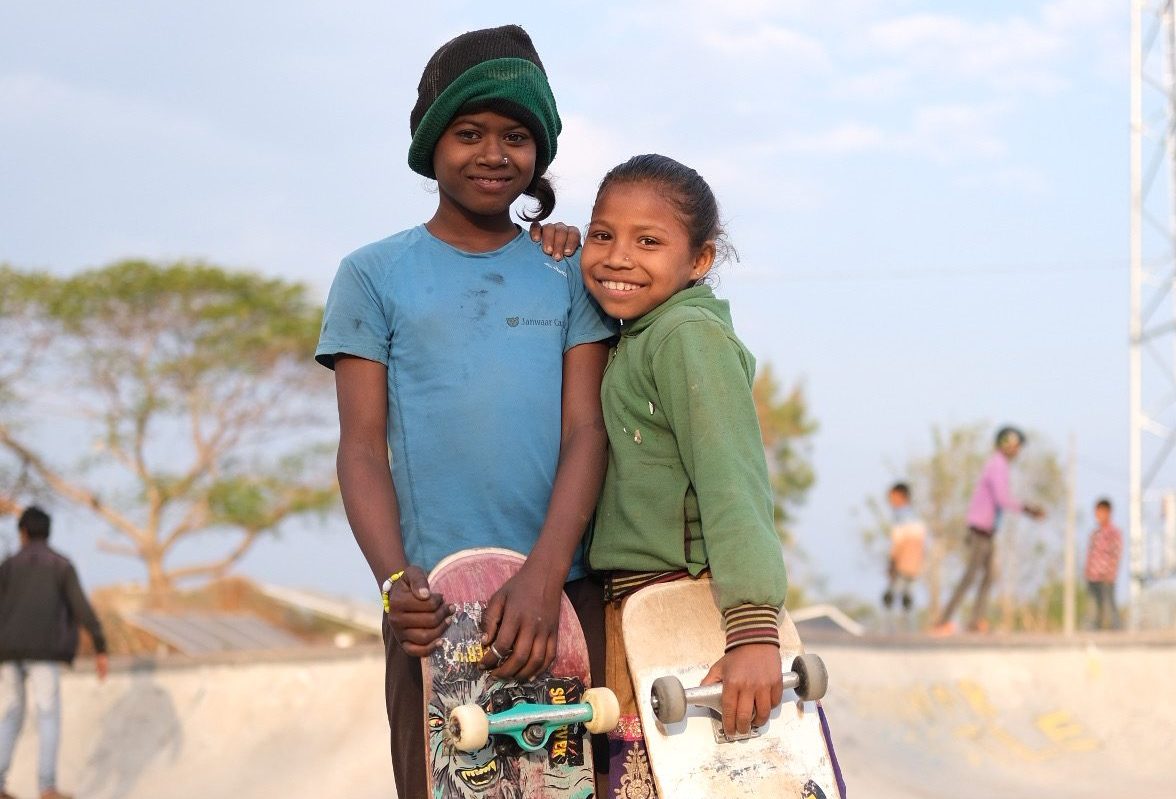
From the set of 'Janwaar' (2022)
Is this career path something you always wanted to pursue, and how did you initially get into the industry?
I initially studied science at the U of U and had never considered a career in the film industry. It wasn’t until I enrolled in an MFA program for documentary film that I felt I was on a clear trajectory to making films for a living.
What do you like best about working in the Utah film industry?
One byproduct of the constant growth along the Wasatch Front, is that the Utah film industry is on a constant upswing. I am always meeting talented people and I feel the network here is continuing to build.
What advice would you give to a local who is trying to get started in the film industry?
My advice to anyone trying to get into the industry is to hone your craft, but more importantly, be a person that everyone wants to work with. Collaborate, work hard, show up, and be kind. Follow this advice and you’ll be working constantly! Anyone can learn filmmaking skills, it’s this other piece that can’t be taught.
How can audiences see this film?
It is available online and the film will also be in film festivals around the country.
Stay in the loop with Danny Schmidt and Janwaar.

